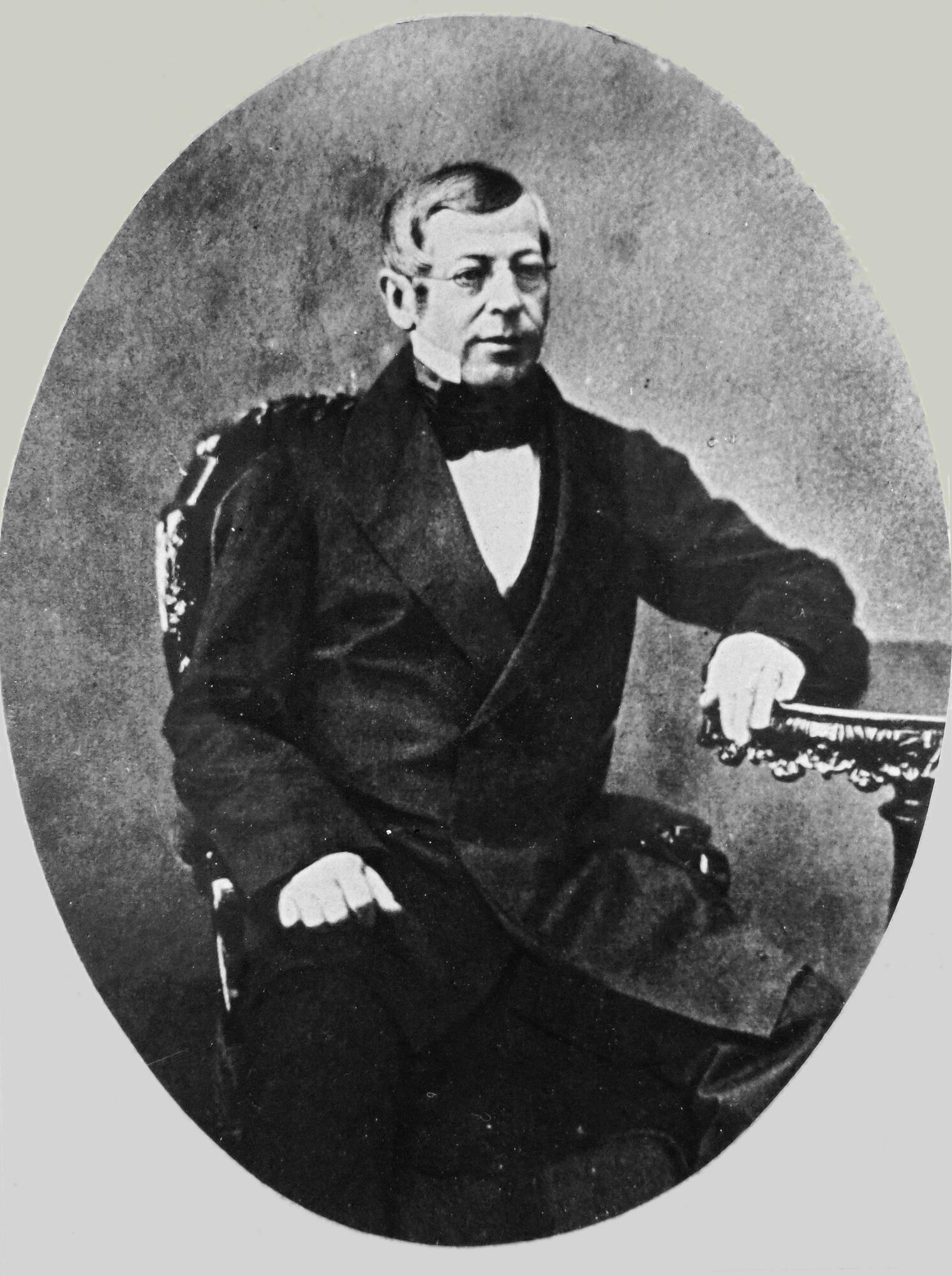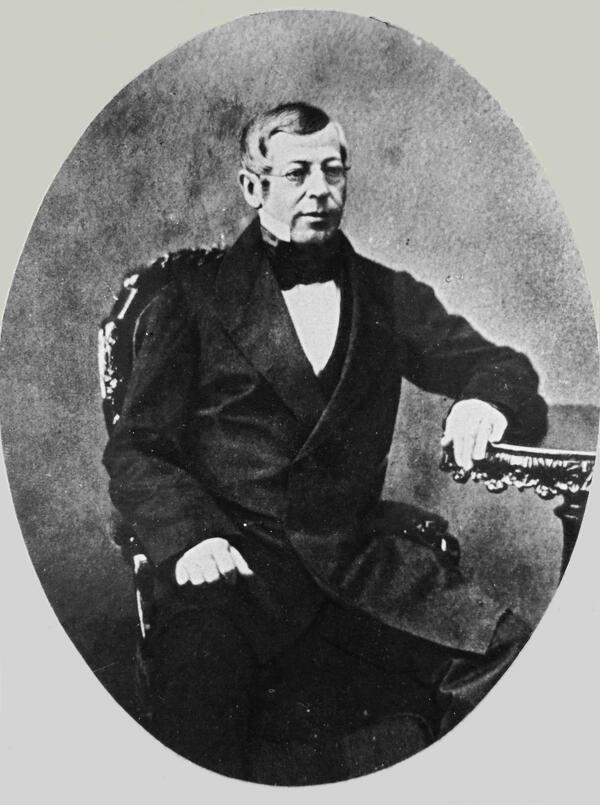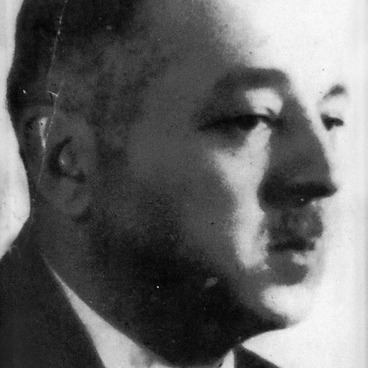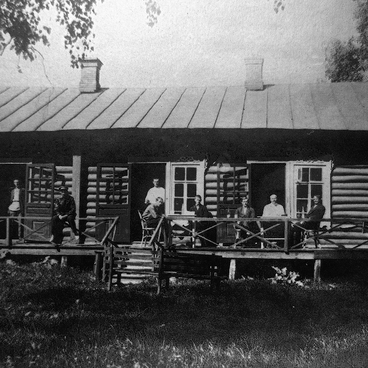The writer Sergey Timofeevich Aksakov had four sisters and two brothers. He developed particularly close relations with his brothers, in particular — with his younger brother Nikolai Timofeevich, who was born in Ufa in 1797. Sergey Timofeevich wrote about his birth in the second part of the autobiographical trilogy ‘Childhood years of Bagrov’s grandson’: “They went to get my dad… And, having heard my sobs from afar, he came to me and shouted: “What are you doing, Seryozha! You should be laughing, not crying. Thank God. Your mother is going to be all right, your brother was born…”’.
As was the custom in the early 19th century, Nikolai Timofeevich devoted his youth to military service. He was a member of the Izmailovsky regiment and later became an adjutant to the outstanding general Ivan Paskevich. In the period between 1850 and 1858 he was appointed State Counselor and served as the provincial marshal of nobility in Simbirsk province. He owned estates in Ufa County, and in Samara, Simbir and Penza provinces. He spent many years in his Penza estate. For the estate in Simbirsk Province, he gathered a large library, which included many natural science books, as well as art writings.
In the ‘Notes on Fishing’ and ‘Notes on Gun Hunting in Orenburg Province’ Sergey Aksakov left the dedication: ‘To my brothers and friends Nikolai Timofeevich and Arkady Timofeevich Aksakovs’. It demonstrates the strong bond between the brothers, particularly their shared passion for nature and hunting. However, their political opinions were different: unlike the Slavophile Sergey Timofeevich, Nikolai was a committed Statist.
Nikolai Timofeevich died on March 13, 1882, being the last of the Aksakov brothers. Among his children, Alexander Nikolaevich, who combined civil service and occult studies, became particularly famous. His mystical ideas were shared among Vladimir Dahl and the famous chemist Alexander Butlerov, with whom he organized psychic sessions. It is known that his research in the occult field interested the great Russian writers Fyodor Dostoevsky and Nikolai Leskov. In addition, Alexander Nikolaevich is considered the originator of the term ‘telekinesis’.
As was the custom in the early 19th century, Nikolai Timofeevich devoted his youth to military service. He was a member of the Izmailovsky regiment and later became an adjutant to the outstanding general Ivan Paskevich. In the period between 1850 and 1858 he was appointed State Counselor and served as the provincial marshal of nobility in Simbirsk province. He owned estates in Ufa County, and in Samara, Simbir and Penza provinces. He spent many years in his Penza estate. For the estate in Simbirsk Province, he gathered a large library, which included many natural science books, as well as art writings.
In the ‘Notes on Fishing’ and ‘Notes on Gun Hunting in Orenburg Province’ Sergey Aksakov left the dedication: ‘To my brothers and friends Nikolai Timofeevich and Arkady Timofeevich Aksakovs’. It demonstrates the strong bond between the brothers, particularly their shared passion for nature and hunting. However, their political opinions were different: unlike the Slavophile Sergey Timofeevich, Nikolai was a committed Statist.
Nikolai Timofeevich died on March 13, 1882, being the last of the Aksakov brothers. Among his children, Alexander Nikolaevich, who combined civil service and occult studies, became particularly famous. His mystical ideas were shared among Vladimir Dahl and the famous chemist Alexander Butlerov, with whom he organized psychic sessions. It is known that his research in the occult field interested the great Russian writers Fyodor Dostoevsky and Nikolai Leskov. In addition, Alexander Nikolaevich is considered the originator of the term ‘telekinesis’.



